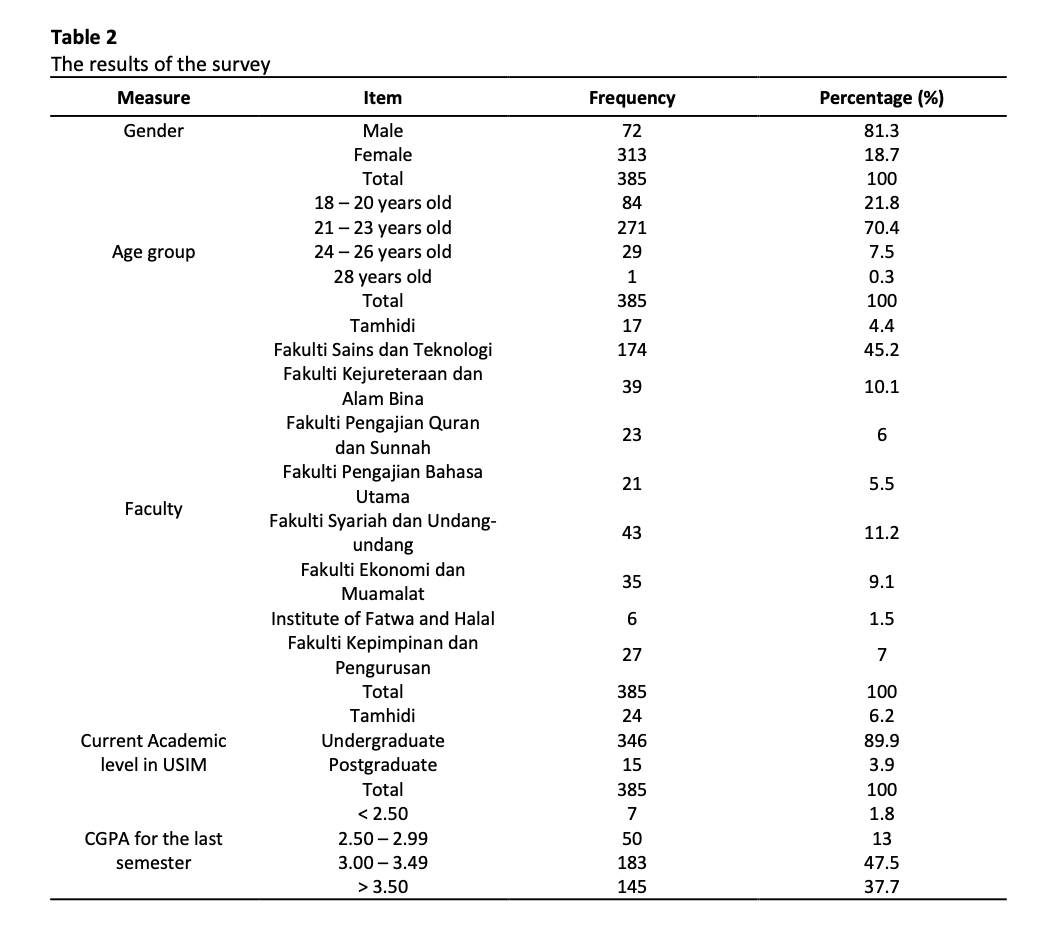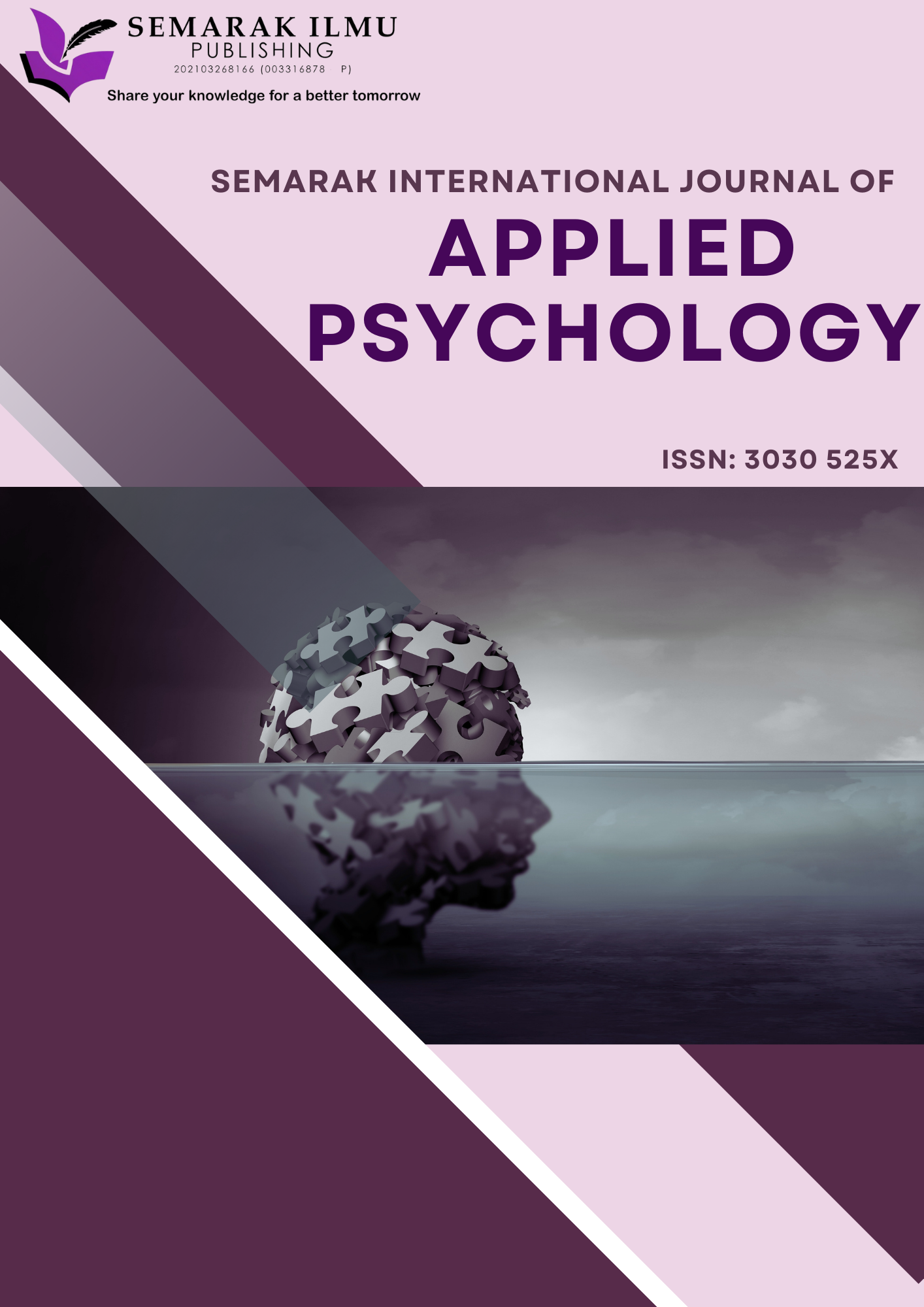Unlocking Academic and Mental Wellness: An Innovative Analysis of Sleep Patterns among USIM Students
Keywords:
Sleep patterns, mental health, academic achievement, sleep quality, student wellbeing, higher education, innovationAbstract
Good sleep habits are essential for students to maintain stable mental health and achieve academic success. This study investigates the impact of sleep patterns on mental health and academic achievement among students at Universiti Sains Islam Malaysia (USIM). Using the Pittsburgh Sleep Quality Index (PSQI) to evaluate sleep quality and the Strengths and Difficulties Questionnaire (SDQ) to assess mental health status, the study also considers students’ academic performance based on their Cumulative Grade Point Average (CGPA). Data were collected from 385 students and analysed using descriptive statistics and Multivariate Analysis of Variance (MANOVA). The results reveal a significant correlation between sleep quality, mental health, and academic performance. Students classified as “good sleepers” not only demonstrated higher CGPA scores but also reported fewer emotional symptoms and behavioural issues compared to “bad sleepers.” Emotional symptoms and hyperactivity emerged as the most prevalent mental health challenges, while prosocial behaviours were relatively low among the participants. These findings highlight the critical role of sleep in supporting both academic and psychological well-being. The study offers innovative insights that can inform the development of student wellness programs and early intervention strategies that target sleep habits as a foundation for improving mental health and academic outcomes in higher education.










